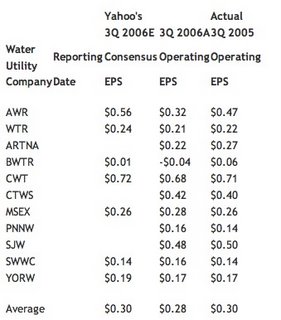FCC Private Briefing Criticized
With federal regulators deadlocked on what may prove to be the largest telecommunications merger in history, news about progress on the deal has become scarce and highly coveted.
So the small group of clients of Banc of America Securities LLC were privileged Wednesday to get an exclusive briefing from top-ranking staff of the Federal Communications Commission at hotel a block away from agency headquarters.
The meeting was described as "timely" in a brief item in Communications Daily, the telecommunications industry newsletter, with "topics including the AT&T/BellSouth merger and net neutrality pending at the Commission."
The meeting, however, was not open to the public or the media - it was for Banc of America "clients only..."
The FCC has been criticized in the past by public interest groups for its cozy relationship with industry, and Wednesday's episode was particularly disturbing, said Andrew Jay Schwartzman, president and CEO of the Media Access Project, a public interest law firm.

